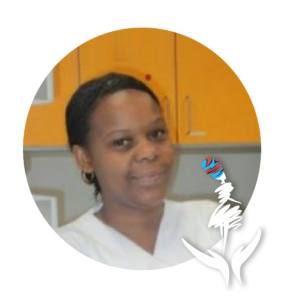 Dr Hyasintha Liwa Jaka is a mother of two, married and a qualified medical doctor. She holds a Masters of internal medicine, from the Catholic University of Health and Allied Sciences, and a Master of Health Profession Education. Yasintha has also gained training in the management of gastroenterology and hepatology diseases and Gastrointestinal Endoscopies procedures from the Mission institute in Wurzburg Germany.
Dr Hyasintha Liwa Jaka is a mother of two, married and a qualified medical doctor. She holds a Masters of internal medicine, from the Catholic University of Health and Allied Sciences, and a Master of Health Profession Education. Yasintha has also gained training in the management of gastroenterology and hepatology diseases and Gastrointestinal Endoscopies procedures from the Mission institute in Wurzburg Germany.
Through her involvement as Co-Founder of the Tanzania Rural health movement, Hyasintha spends her weekends conducting activities with underprivileged and street children, who are mostly adolescents. Alongside Dr Marko Hingi, one of the founders, the weekend activity involves educating the adolescents about their health and the importance of being with their families. The initiative has contributed successfully to some of the adolescents agreeing to go back home and join their families.
What made you pursue a career in health?
My two brothers died, one with AIDS and the other with Blood cancer, and my cousin died of liver cancer due to viral hepatitis, which complicated to bleeding esophageal varices. I decided to pursue a career in health so that I could save other people in my country and teach people about their health. Thus, I decided to study science subjects. After assessing myself, and having gained enough information about health careers, I devised a career plan.
In advanced school, I decided to choose science subjects which were Physics, Chemistry and Biology. Our class had 25 students, among these, only 3 of us were women. This was another reason which motivated me to join medical school. I planned to use my pursuit of medical school education to empower women to pursue science subjects and the health sciences. I found this to serve as a golden opportunity. This was between the years of 1993 through 1995, at Mkwawa High school in Iringa, Tanzania. I went on to obtain a diploma in clinical medicine and two master’s degrees.
How would you describe your career path?
My career path in health sciences has been wonderful, this is because I ended up being a physician and teach as I had planned. Remember, my objective when I was in secondary school was to save people and teach people about their health.
I have been working in the department of Internal medicine as a specialist for the past ten years. In this capacity, I manage patients, teach medical students, supervise their research, and mentor junior doctors/specialists in the department. Additionally, I write research papers and conduct supportive supervision at allied schools and nursing schools in the lake zone under the support of the Tanzania Ministry of Health. During the supportive supervision I teach tutors, clinical instructors and Principals in the health training institutions, about topics encompassing gender issues and its importance to the future health professionals. Moreover, I use my career to empower women in different aspects.
What experience are you most proud of?
I am proud of having accomplished the following, through my career, for my community;
1. I Created awareness in the community to get rid of the perception that a medical degree, and science subjects, are single gendered courses, or subjects and hammered the fact that this field can be pursued successfully by both males and females.
2. I contributed to women’s empowerment in different capacities:
- Health of girls and women: I have a new project that creates awareness among girls and women on the spread of viral hepatitis B and C in rural Tanzania. Moreover, through the BPW-Mwanza chapter project, we distribute sanitary pads to school girls in some schools in Mwanza, Tanzania. I teach women and girls about their reproductive health, including the ovulation cycle, and other signs of health under the FEMM Foundation. In collaboration with other female doctors we raise awareness on breast and cervical cancer.
- Educational empowerment: Through BPW Mwanza chapter, we have started a career development training for young girls, this includes mentorship and leadership skill building, as well as encouraging junior faculties to develop
their field of interest. Presently, we are raising funds to build an all-girls science centred school. - Economic empowerment: we managed to train young women to form a small entrepreneur’s group, teach them how to successfully run a business and how to obtain a loan from the local government.
- Conferences: Currently, through women empowerment conferences we teach women about entrepreneurship, confidence and spiritual rights.
All these great initiatives keep me actively busy.
'Make sure that the health of women and girls is not affected simply because they were born female' Click To Tweet
You have worked for several organizations, have you ever faced challenges due to your gender?
I have never experienced discrimination based on gender, age, sex or social status, nor faced any form of gender-based violence (GBV) in the workplace.
What is your greatest regret?
None.
Have you ever been mentored, if so by whom?
NO.
What is the value of mentorship in your opinion?
I have seen the impact I have made by mentoring my juniors. A mentor can share knowledge, skills, advice, and even resources depending on the level of closeness. Information about a mentors’ career plan and career path might positively influence a mentee who views their mentor as a role model. A mentor can provide social support, guidance, motivation, emotional support and spiritual support.
What is the best advice you ever received?
My mother, a retired primary school headteacher, told me: “make sure that in your life the health of women and girls is not affected simply because they were born female. Moreover, mentor your female junior staff to be strong and very hard workers because the issue of gender might affect their performance in the workplace or community’’.

Leave a Reply